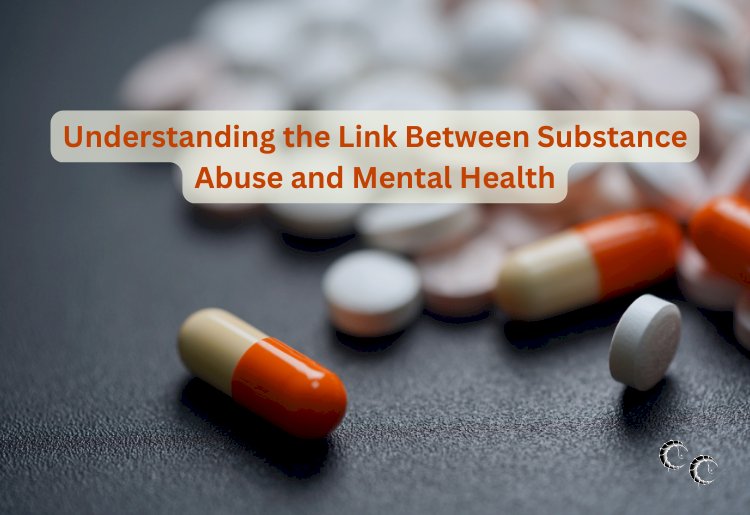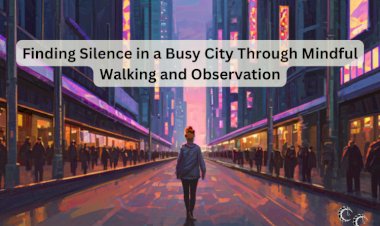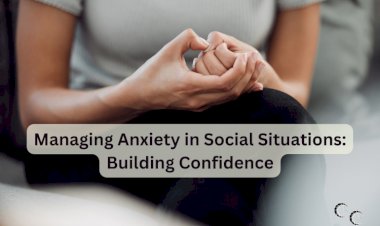Understanding the Link Between Substance Abuse and Mental Health

Hey everyone, in today's discussion, we're diving into a topic that's both complex and critical: the relationship between substance abuse and mental health. Substance abuse and mental health disorders are often intertwined, with one frequently exacerbating the other in a vicious cycle that can be challenging to break. By exploring this link, we can gain insight into the underlying factors driving these co-occurring conditions and the importance of integrated treatment approaches.
Firstly, let's acknowledge that substance abuse and mental health disorders are prevalent issues affecting individuals worldwide. Whether it's alcohol, prescription drugs, or illicit substances, many turn to substances as a way to cope with the symptoms of mental health disorders such as depression, anxiety, PTSD, or bipolar disorder. Conversely, substance abuse can also lead to the development of mental health problems, as the effects of drugs and alcohol can alter brain chemistry and contribute to the onset of psychiatric symptoms.
So, what exactly is the link between substance abuse and mental health? Well, it's multifaceted. On one hand, individuals with mental health disorders may turn to substances as a form of self-medication, attempting to alleviate symptoms such as sadness, stress, or intrusive thoughts. For example, someone struggling with depression may use alcohol to numb emotional pain, while someone with social anxiety may rely on drugs to feel more confident in social situations. However, while substances may provide temporary relief, they ultimately exacerbate underlying mental health issues and can lead to a worsening of symptoms over time.
Conversely, substance abuse can also trigger or exacerbate mental health disorders. Chronic drug and alcohol use can disrupt neurotransmitter function in the brain, leading to imbalances that contribute to mood disturbances, cognitive impairments, and psychotic symptoms. Additionally, substance abuse can also impact various aspects of a person's life, such as relationships, employment, and financial stability, all of which can contribute to stress, anxiety, and depression.
Furthermore, there are several risk factors that can increase the likelihood of co-occurring substance abuse and mental health disorders. These include genetic predisposition, environmental influences, trauma, chronic stress, and a lack of social support. Additionally, stigma surrounding mental health and substance abuse can also act as barriers to seeking help, leading individuals to suffer in silence rather than accessing the support and treatment they need.
It's essential to recognize that addressing both substance abuse and mental health disorders simultaneously is crucial for effective treatment and long-term recovery. Integrated treatment approaches that combine therapy, medication, support groups, and lifestyle changes are often most successful in helping individuals manage their symptoms and achieve sustainable recovery. Additionally, addressing underlying trauma, co-occurring disorders, and social determinants of health is essential for addressing the root causes of substance abuse and mental health problems.
Ultimately, by understanding the link between substance abuse and mental health, we can better support individuals who are struggling with these complex issues and advocate for comprehensive treatment approaches that address the interconnected nature of these conditions. By promoting awareness, reducing stigma, and fostering empathy and understanding, we can create a more supportive and inclusive environment for those affected by substance abuse and mental health disorders. Let's work together to break the cycle and promote healing and recovery for all.






























